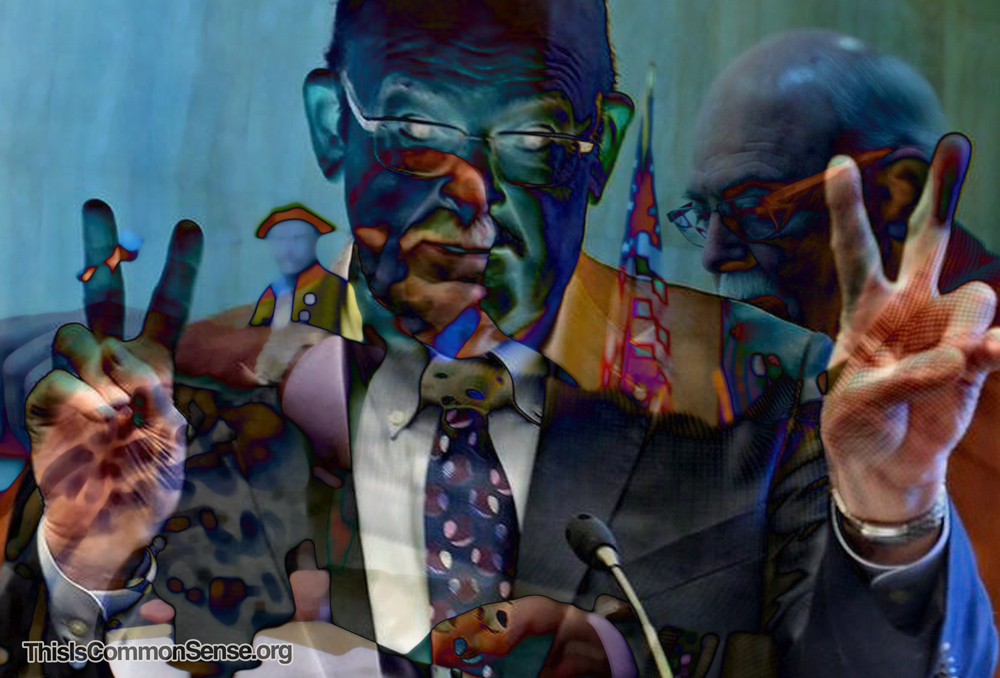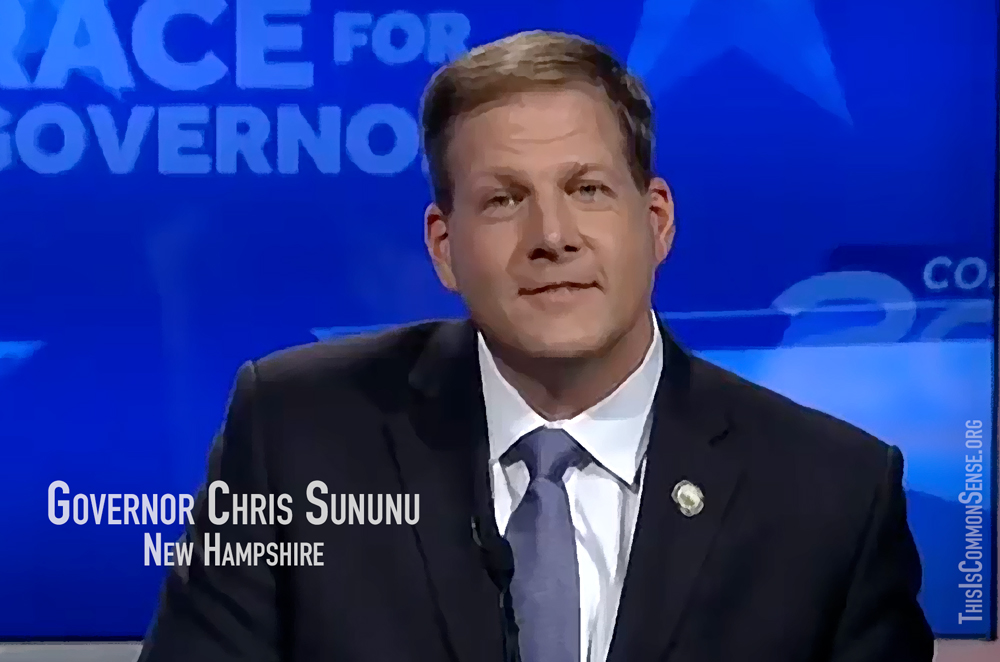Lots of talk about term limits last week — in Washington.
Of all places.
What bizarre chain of events caused career congressmen to start jawboning and horse-trading about the popular reform that most of them viscerally oppose?
It was the work-product of a small number of hardcore conservative Republican legislators, a mere 20, flexing their strength and commitment at a critical political point — the election of the House Speaker — and armed with concrete demands.
“We offered Kevin McCarthy terms last evening that he rejected,” Rep. Matt Gaetz (R-Fla.) told reporters last Tuesday. One of those? “We’ve sought a vote in [the] first quarter of the 118th Congress on term limits.”
By week’s end, however, McCarthy had been elected Speaker of the House . . . but only after having pledged to bring to the floor that congressional term limits amendment, authored by Rep. Ralph Norman (R-SC), one of the 20 holdouts, along with making other concessions.
Meet the Press host Chuck Todd yesterday cast shade on the effort, calling these “show votes.”
While it’s true that incumbents are unlikely to vote for the term limits amendment in the 2/3 supermajority the Constitution requires, or for the balanced budget amendment for which the holdouts, mostly Freedom Caucus members, also secured a commitment from McCarthy.
“We’ve got to start taking steps to make fundamental change in America,” Rep. James Comer (R-Ky.) told Todd. And putting every U.S. representative on record on term limits sounds like a great first step for early 2023.
Worth the battle.
This is Common Sense. I’m Paul Jacob.
Illustration created with Midjourney
—
See all recent commentary
(simplified and organized)





